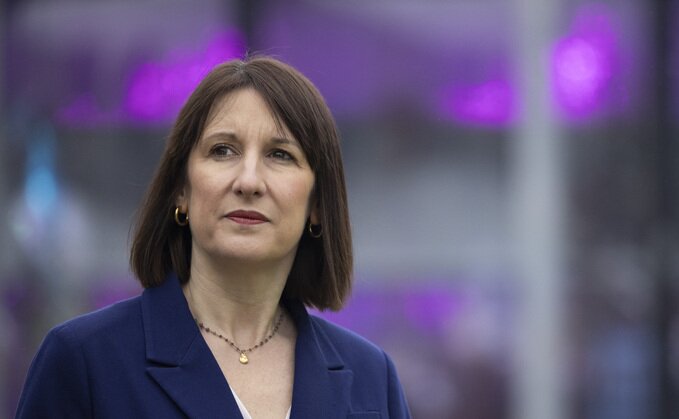LONDON, Sept 25 – Chancellor Rachel Reeves has been urged to introduce a pay-per-mile car tax in her November Budget, a move campaigners say could address falling fuel duty receipts but which the Treasury has ruled out for now.
The Resolution Foundation, in a report titled Call of duties, argued that the current system of motoring taxation is unsustainable as electric vehicles (EVs) become more common. It said a mileage-based system, scaled by vehicle weight, could raise revenue more fairly and encourage a greener transition.
How the plan would work
The think tank suggested that EVs weighing 1,800kg should be charged around 6p per mile, without VAT. Lighter 1,000kg models could pay 3p per mile, while heavier vehicles at 2,800kg might face a 9p rate.
By comparison, the report said fuel duty for petrol cars equates to roughly 6p plus VAT per mile, while a typical petrol vehicle can cost 16p per mile to run. An EV can be powered for as little as 2p per mile, highlighting the gap in tax treatment.
Balancing costs and fairness
The report acknowledged that introducing a new vehicle excise duty (VED) system would be a “material change” in costs for EV drivers. However, it stressed that even under the proposed rates, electric vehicles would remain cheaper to run than petrol cars, particularly for smaller, lighter models.
It also proposed linking road charges to both weight and distance, reflecting the higher wear-and-tear on infrastructure from heavier vehicles.
Treasury response
Despite the calls, the Government remains unmoved. A Treasury spokesperson said: “We have no plans to introduce road pricing. We are committed to supporting our automotive sector as we transition to electric vehicles in order to meet our legally binding climate targets.”
Political backdrop
The debate comes as Reeves prepares her 26 November Budget, under pressure to raise revenue while keeping Labour’s manifesto promise not to increase income tax, national insurance or VAT. Economists warn that the shift to EVs has left a growing gap in fuel duty revenues, which account for billions in Treasury income.
Public and industry reaction
Motoring groups have previously resisted proposals for road pricing, warning it could penalise drivers in rural areas who depend more heavily on cars. Environmental campaigners, however, argue that mileage-based taxation is inevitable if the UK is to balance revenues with its climate goals.
The automotive industry is watching closely, as any change to motoring taxes could reshape the economics of EV ownership. Manufacturers are concerned that additional costs might slow adoption rates, though analysts point out that EVs would likely remain cheaper to run than petrol alternatives under the proposed model.
International comparisons
Several European countries have already trialled or implemented mileage-based road taxes. In the Netherlands, a “pay-per-use” system has been tested for heavy vehicles, while Germany charges trucks per kilometre travelled on motorways. Advocates say these models provide lessons for how the UK could design its own scheme, should political resistance ease in future.
With fuel duty income shrinking and EV ownership rising, policymakers face difficult choices over how to sustain road tax revenues. While the Resolution Foundation argues that pay-per-mile charges would create fairness and incentivise greener vehicles, the Government has so far resisted calls for road pricing.
For drivers and households, any future reform could reshape the cost of motoring. Tools like the Pie app help people monitor tax changes, expenses and income, offering clarity as fiscal policy and transport costs continue to evolve.











